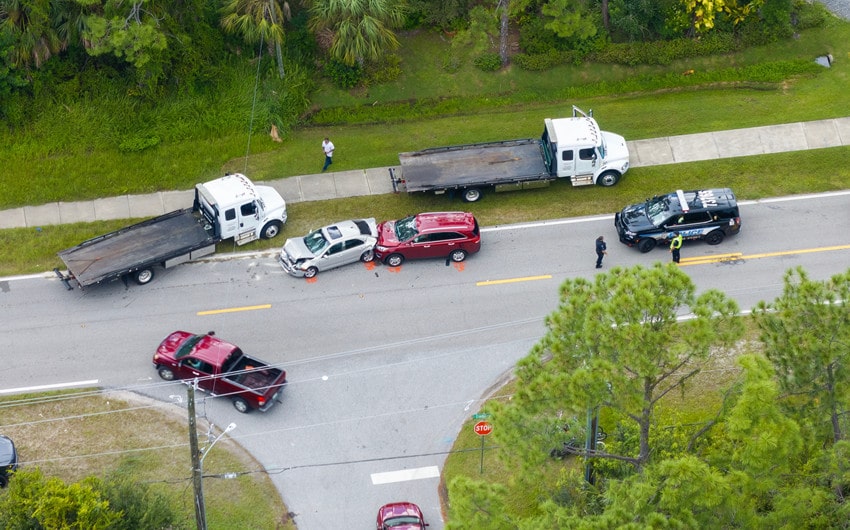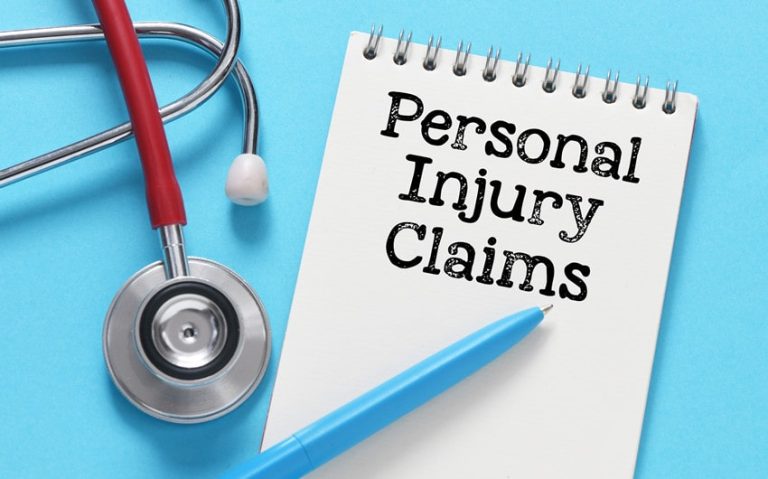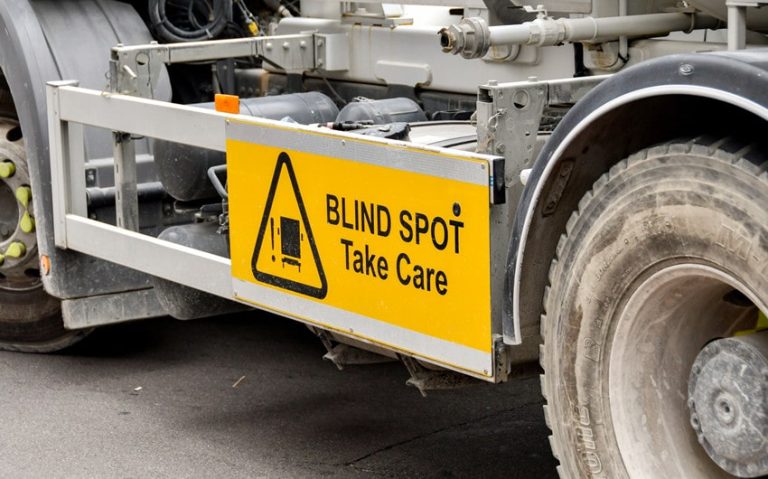Semi truck accidents are often more complex than regular car accidents due to the number of parties involved and the severity of the incidents. Determining liability is crucial as it impacts legal proceedings, insurance claims, and compensation for the victims.
Factors Contributing to Semi Truck Accidents
Several factors can contribute to truck accidents, making liability determination challenging. Common causes include driver fatigue, improper loading of cargo, mechanical failures, and adverse weather conditions. Each of these factors needs to be carefully examined to identify the exact cause of the accident, which is crucial in determining liability.
A Vancouver truck accident attorney relayed that driver fatigue is a significant factor in many semi truck accidents. Long hours on the road without adequate rest can lead to decreased alertness and slower reaction times. Improper loading of cargo can also lead to accidents, as unbalanced or unsecured loads can cause the truck to tip over or lose control.
Mechanical failures, such as brake malfunctions or tire blowouts, can result from poor maintenance or manufacturing defects. Weather conditions, such as rain, snow, or fog, can further complicate driving and lead to accidents.
The Truck Driver
The truck driver is often the first party to be scrutinized in the event of an accident. Driver negligence, such as distracted driving, speeding, or driving under the influence of alcohol or drugs, can be significant factors in causing accidents. Federal regulations, such as the Hours of Service (HOS) rules, are in place to prevent driver fatigue by limiting the number of hours a driver can operate a commercial vehicle without rest. Violation of these regulations can lead to driver liability.
For instance, if a driver is found to have been texting while driving, exceeding the speed limit, or under the influence of alcohol, they can be held liable for the accident. Additionally, if it is determined that the driver violated HOS regulations by driving for too long without taking mandatory breaks, this could also establish the driver’s liability.
The Trucking Company
The trucking company can also be held liable for accidents, particularly if it is found that the company engaged in poor hiring practices, provided inadequate training, or placed undue pressure on drivers to meet unrealistic deadlines. Trucking companies are responsible for ensuring their drivers are qualified and properly trained to handle the vehicles safely. They must also ensure that their fleet is well-maintained and complies with all safety regulations.
If a trucking company fails to conduct thorough background checks and hires a driver with a history of reckless driving, it can be held liable if that driver causes an accident.
Similarly, if a company neglects regular maintenance of its vehicles, leading to mechanical failures such as brake or tire issues, it can be held responsible for any resulting accidents. Pressure on drivers to meet tight schedules can also lead to fatigue and unsafe driving practices, further implicating the company in the event of an accident.
The Manufacturer
Manufacturers can be held liable for semi truck accidents if it is determined that a defect in the truck or its parts contributed to the accident. This can include defects in the truck’s design, manufacturing defects, or failure to provide adequate warnings or instructions. Common issues might involve brake failures, tire blowouts, or faulty steering mechanisms.
In cases where a truck’s mechanical failure is identified as the cause of an accident, the investigation often focuses on whether the failure was due to poor maintenance or a manufacturing defect. If a defect is found, the manufacturer of the truck or the specific part that failed can be held liable. This requires a thorough investigation, often involving experts who can analyze the vehicle and its components to determine the cause of the failure.
Shared Liability
In many semi truck accidents, liability is not limited to a single party. Multiple parties can share liability depending on the circumstances of the accident. For example, if a truck driver was speeding and lost control due to a tire blowout caused by poor maintenance, both the driver and the trucking company might share liability.
Similarly, if a mechanical failure due to a manufacturing defect led to the accident, the manufacturer could also be held liable along with the driver or trucking company.
Shared liability means that each party’s degree of fault is assessed, and compensation is distributed accordingly. This often requires complex legal proceedings and thorough investigations to accurately determine the proportion of fault for each party involved.
Investigating Semi Truck Accidents
Determining liability in semi truck accidents involves a detailed and systematic investigation process. Key steps include collecting evidence such as black box data, driver logs, and maintenance records. The black box, or electronic logging device (ELD), records crucial data about the truck’s operation, including speed, brake usage, and driving hours, which can be pivotal in understanding the events leading up to the accident.
Driver logs provide insights into whether the driver adhered to HOS regulations, while maintenance records can reveal whether the truck was properly maintained. Accident reconstruction experts often play a crucial role in these investigations, using the collected data to recreate the accident and determine its cause.
Legal Implications of Determined Liability
Once liability is determined, the legal implications for each party can vary. For the truck driver, being found liable can result in fines, license suspension, or even criminal charges if negligence or recklessness is proven. For trucking companies, liability can lead to significant financial compensation for victims, regulatory fines, and increased scrutiny from regulatory bodies. Manufacturers found liable for defects can face lawsuits, recalls, and substantial financial penalties.
Understanding the legal implications is crucial for all parties involved, as it affects insurance claims and settlements. Victims of semi truck accidents often seek compensation for medical expenses, lost wages, pain and suffering, and other damages. The determination of liability directly impacts the amount and distribution of this compensation.







